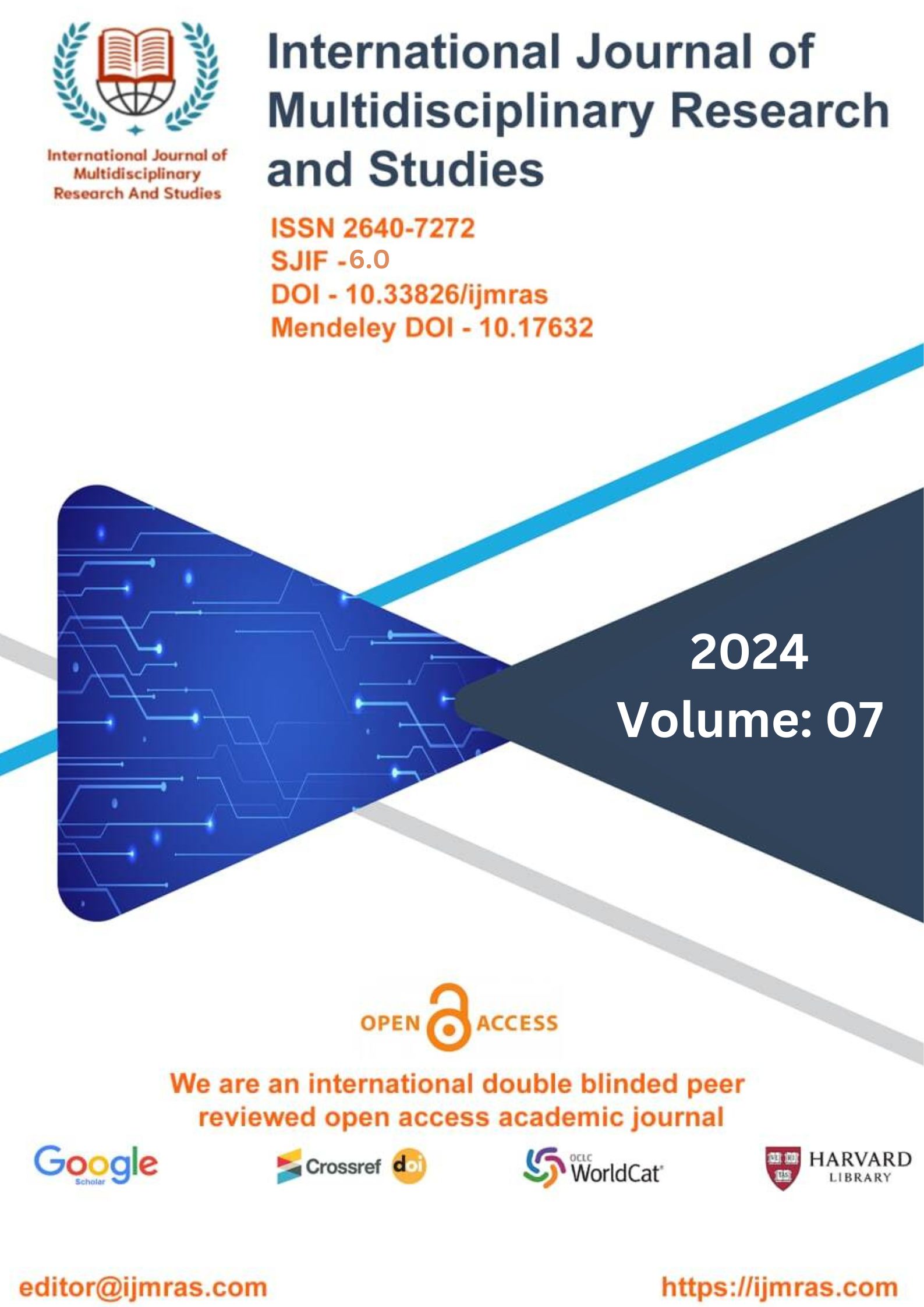


One research topic and two major research questions were formulated after the initial literature review and the initial five to eight field interviews. The researcher claims that first empirical fieldwork shows a robust connection between guanxi development and enterprise competence. Interviewees suggested that without a distinguishing factor, guanxi's potential for fostering business growth is limited. However, guanxi remains an important strategic resource for every organisation that aspires to improve its market-based competency and maintain great business performance for long-term success. The two concepts—guanxi and core competency—are therefore being investigated jointly. Because of their interdependence, studies of Guanxi business phenomena must take into account the reality of the market. Therefore, the objectives of this study have been met, and two more research questions have been identified.

This work is licensed under a Creative Commons Attribution 4.0 International License.
You may also start an advanced similarity search for this article.